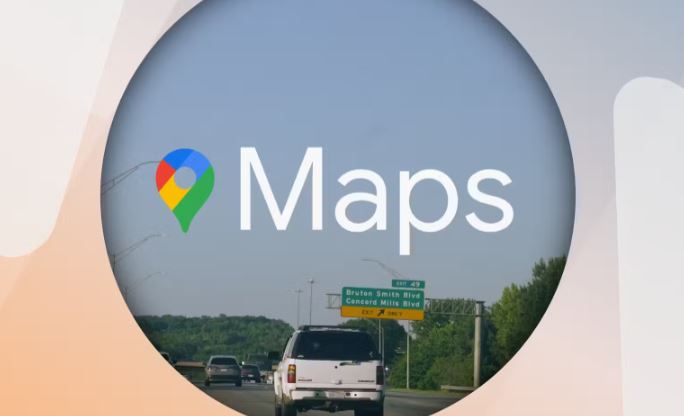Google Maps continues to push boundaries by introducing cutting-edge features designed to enhance user experiences. The latest addition to its arsenal is the integration of augmented reality (AR) focused features, signaling a significant step towards revolutionizing navigation and exploration within the platform. This groundbreaking development allows users to delve into the realm of AR content provided by select partners through Street View and Lens, offering a whole new dimension to their interactions with Maps. New AR feature in Google maps is appreciated from all users.
Google, a tech giant renowned for its innovative solutions, has expanded the coverage of its ARCore Geospatial API to India, with plans for a subsequent Android-first expansion later this year. This strategic move not only reinforces Google’s commitment to staying at the forefront of technological advancements but also paves the way for a more immersive and engaging user experience on Google Maps. By leveraging AR technology, users can now seamlessly merge the digital world with the physical environment, blurring the lines between what is real and virtual.
Maps, recognized as one of the most frequently updated Google apps, has solidified its position as a leading navigation tool by consistently introducing features that cater to the evolving needs of its users. Whether it’s facilitating navigation for electric vehicle (EV) drivers through tailored updates or implementing user-friendly UI changes, Google Maps has become an indispensable tool for individuals navigating the complexities of the modern world. The introduction of AR-focused features further enriches the platform, offering a novel way for users to engage with their surroundings and discover hidden gems in a more interactive manner.
During the annual Google I/O developer conference, held in Mountain View, California, the tech giant unveiled its groundbreaking AR-focused feature for Maps, aimed at empowering developers and creators to deliver captivating AR experiences within the platform. This announcement not only highlights Google’s dedication to fostering a vibrant developer ecosystem but also underscores its commitment to enhancing user engagement and exploration on Google Maps. By bridging the gap between the digital and physical worlds, Google Maps is poised to redefine the way users navigate and interact with their surroundings.

